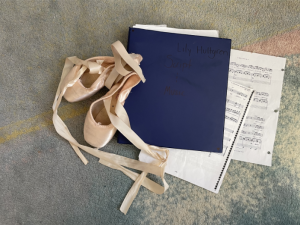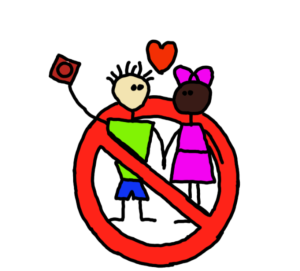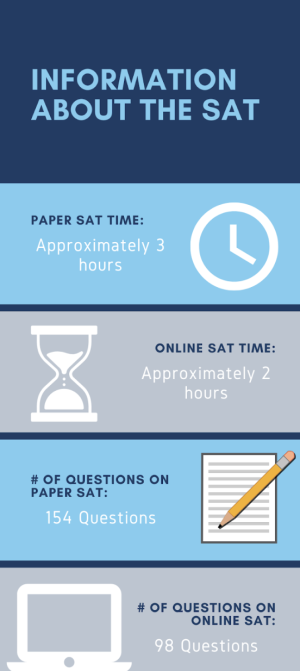Extracurriculars are consuming the lives of teenagers
During a time of new and exciting transition every freshman should feel ignited, ready to embrace the adventure of high school that awaits. I, unfortunately, did not have this experience. I was forced to pick between my sport and my volunteering, even though I did not want to limit myself to just one interest. Nevertheless, I had to pick one, as activities demand more time from teenagers than they can afford. There was no time in my schedule for both.
Today, almost every extracurricular activity for teens is so time consuming that it leaves no room for exploring different areas of interest, which can be essential to self discovery at such a young age. These activities must consume less time in order for participants to find their true passion rather than being forced into one.
On average, sports are the most time consuming. I learned this being a competitive swimmer for seven years. But I don’t think they need to be pursued by everybody at such a competitive level.
For instance, according to a 2019 survey, children spend 11.9 hours per week on a sport. Divided by the five days in a school week, that’s roughly 2.38 hours each day after school, as most sports require daily practices.
In terms of volunteering, teens spend roughly 3.5 hours each week giving back to their community. This amounts to either one or two days a week spent volunteering. Stanford University found that there is a lack of student volunteers because this age group doesn’t have the free time, which makes sense considering homework commitments and the hours spent on sports each day.
Going into ninth grade, I was swimming an average of 12.5 hours each week. My routine was simple: school, swim, homework and sleep. Left with no free time, I decided to take a step back from swimming and I began to volunteer at a homeless shelter.
Now, having dabbled in both activities, I understand the necessity to have diverse involvement. If I had not expanded my activities, then I never would have discovered what makes me happiest: volunteering. But this wasn’t possible without sacrificing one activity for another, which should not be the case for teens.
Sports have many benefits. They enforce teamwork, can be an opportunity for establishing friendships and they keep you in shape physically and mentally. However, they are also time consuming, and applying unnecessary pressure to student athletes can lead to injury. I experienced all of these during my time swimming.
Volunteering has its pros and cons. Giving back to the community can promote a sense of community, spark appreciation for what you have, make a difference in someone’s life and is not horribly time consuming. But it can be emotionally taxing.
Rather than simply complaining about the time commitment that sports offer, I have a solution: more kids should participate in recreational sports. This would allow more down time that could be put towards finding another hobby, like volunteering.
If I had not allocated some of my swimming time to volunteering, then I would have never found my passion. I am not advocating for quitting sports, but I think teenagers should be more conscious of how they spend their time, as exploring new interests can lead to finding passions.





















































